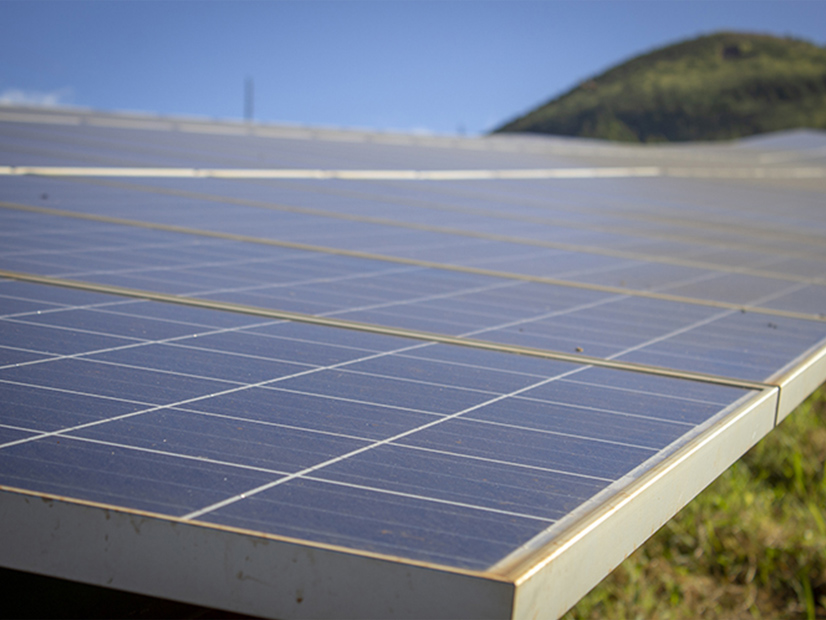
The Hawaii Green Infrastructure Authority (HGIA) last week approved a $7.5 million set-aside for a new energy cooperative on Molokai intended to broaden residents’ access to renewable energy.
The funds will be used to underwrite Ho’ahu Energy Cooperative Molokai, a community-owned cooperative that will fund community-based renewable energy projects on the island. The approval will be sent to the state’s Public Utilities Commission for final approval.
“The reason why we wanted to set aside these funds is that GEMS [Green Energy Market Securitization Program] has a limited amount of funds, and unfortunately community solar projects take a long time,” HGIA Executive Director Gwen Yamamoto Lau said during an Oct. 27 meeting of the agency. “It could take a couple of years to get through to the development side, so we want to make sure that the funds are available.”
Lau said that although “community solar projects are not new to the nation,” Ho’ahu is unique in being “one of the few that is community-led and will be community-owned. This is something we really want to make sure happens.”
HGIA pulled the $7.5 million for Ho’ahu from other categories in its budget, including those covering nonprofits ($1.5 million), low- to moderate-income households ($2 million) and multi-family dwellings ($4 million).
“Ho’ahu estimates that the ratepayers that this community solar project will serve will be approximately 60% residential ratepayers and 40% commercial ratepayers,” Lau told NetZero Insider in an email.
Explaining the need for the co-op at last week’s meeting, Ho’ahu President Todd Yamashita said, “If you look at Molokai as a grid right now, there aren’t any grid-scale renewable energy projects that have succeeded so far. … It’s going to be the first one of hopefully many that are absolutely necessary.”
Yamashita said Molokai needs a more accessible initiative like Ho’ahu because “rooftop solar has been saturated for years” and “pretty much every program, not just on Molokai but across Hawaii,” provide barriers to entry, particularly for renters who cannot install solar and homeowners whose rooftops are too old. “The GEMS fund allows us a lot of flexibility and creativity and allows us the confidence to move forward.”


